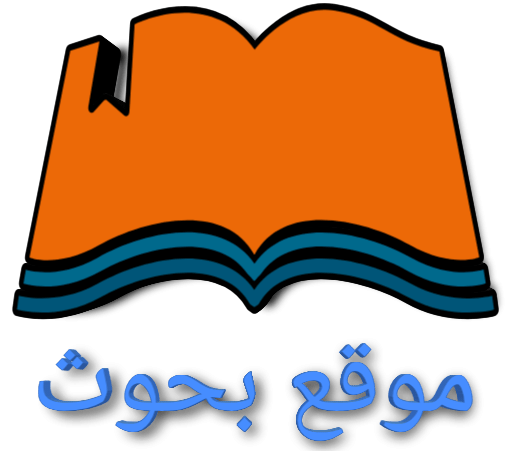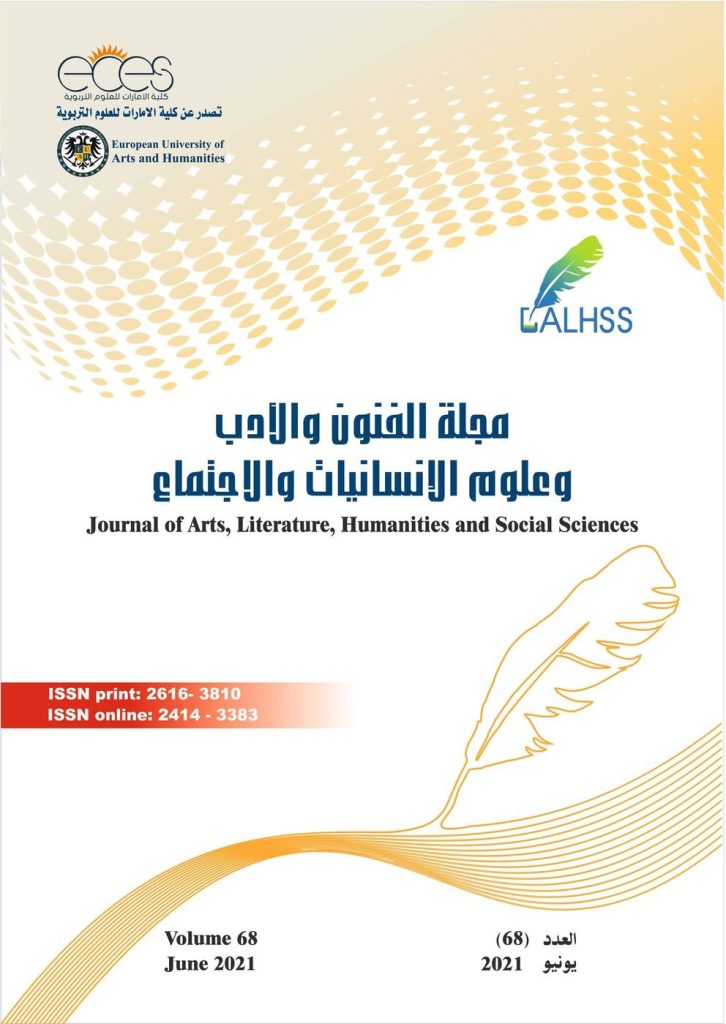
مهارات تدبر القرآن الکريم والذکاء الأخلاقي لدى طلاب الجامعة الإسلامية (دراسة تنبؤية). The Skills of Holy Quran Contemplating and the Moral Intelligence among the Islamic University Students: A Predictive Study pdf
ملخص الدراسة:
هدف البحث الحالي إلى تعرف درجة ممارسة طلاب الجامعة الإسلامية لمهارات تدبر القرآن الکريم ومستوى الذکاء الأخلاقي لديهم مع فحص القدرة التنبؤية بالذکاء الأخلاقي من مهارات التدبر؛ ولتحقيق الهدف منه استخدم الباحث المنهج الوصفي المسحي والارتباطي، مع بناء مقياسين أحدهما لمهارات تدبر القرآن الکريم، والآخر للذکاء الأخلاقي، وتم تطبيقهما علي عينة عشوائية بلغت (326) من طلاب الجامعة الإسلامية، وأسفرت نتائج البحث عن تحقق المستوى المطلوب في الذکاء الأخلاقي، وضعف تحققه في مهارات تدبر القرآن الکريم، حيث وجدت فروق ذات دلالة إحصائية بين المتوسط الفرضي والمتوسط الواقعي في مدى ممارستهم لمهارات تدبر القرآن الکريم لصالح المتوسط الفرضي، وأما في مستوى الذکاء الأخلاقي فکان لصالح المتوسط الواقعي، کما وجدت فروق بين استجابات عينة البحث في مهارات تدبر القرآن الکريم تعزى إلى التخصص، وعدم فروق بين استجاباتهم في مستوى الذکاء الأخلاقي تعزى إلى التخصص، کما أظهرت نتائج البحث عدم إمکانية التنبؤ بمستوى الذکاء الأخلاقي لدى طلاب الجامعة الإسلامية من ممارستهم لمهارات تدبر القرآن الکريم.
The current research aimed to explore the degree of practicing contemplating the Holy Quran skills among the students of the Islamic University and their level of moral intelligence. The study also aimed to examine the predictive skills of moral intelligence from the contemplating skills. To achieve the objectives of the study, the researcher used the descriptive survey and the correlational approaches; added to that the researcher developed two scales (the contemplating of the Holy Quran skills – the moral intelligence scale). The research instruments were administered to a random sample consisting of 326 students of the Islamic University. The results of the study revealed achieving the required level of moral intelligence; besides there were some weaknesses in the contemplation of the Holy Quran skills as there were statistically significant differences between the hypothetical and the mathematical mean in the extent to which they practiced contemplating the Holy Quran skills in favor of the hypothetical mean. On the other hand, the level of moral intelligence was in favor of the mathematical mean. There were differences among the responses of the study sample in the contemplating of the Holy Quran skills which might be attributed to the specialization; furthermore, there were no differences among the students’ responses in the level of moral intelligence due to specialization. The results of the study showed that the level of moral intelligence among students of the Islamic University could not be predicted from their practice of contemplating the Holy Quran skills.
خصائص الدراسة
-
المؤلف
خليفة ، عبدالحکم سعد محمد
-
سنة النشر
02 - 07 - 2020
-
الناشر:
جامعة الأزهر، کلية التربية
-
المجلد/العدد:
المجلد: 39 العدد 188ج3
-
المصدر:
التربية (الأزهر): مجلة علمية محکمة للبحوث التربوية والنفسية والاجتماعية)
-
الصفحات:
538 - 594
-
نوع المحتوى:
بحث علمي
-
اللغة:
العربية
-
ISSN:
1110-323X
-
محكمة:
نعم
-
الدولة:
مصر
-
النص:
دراسة كاملة
-
نوع الملف:
pdf


